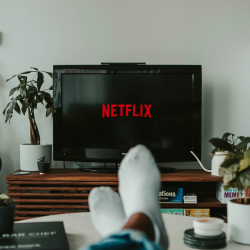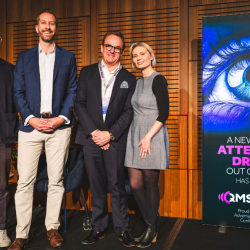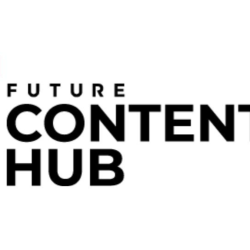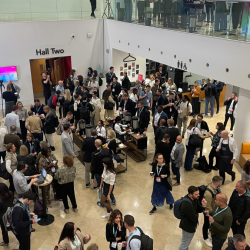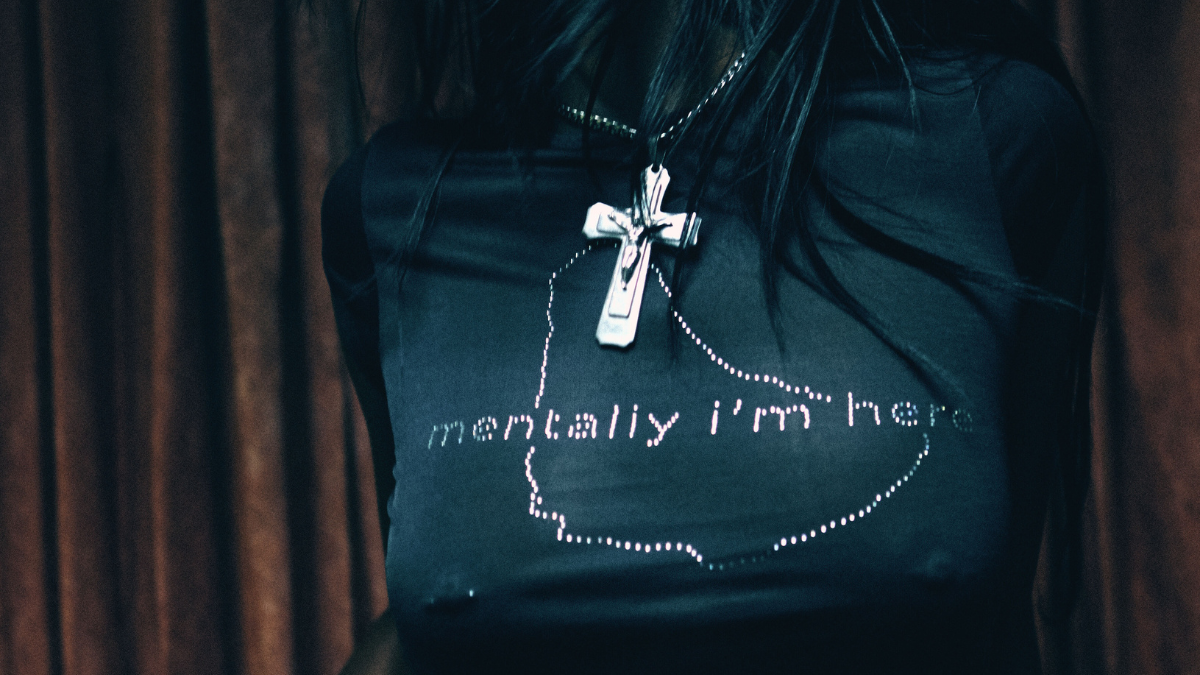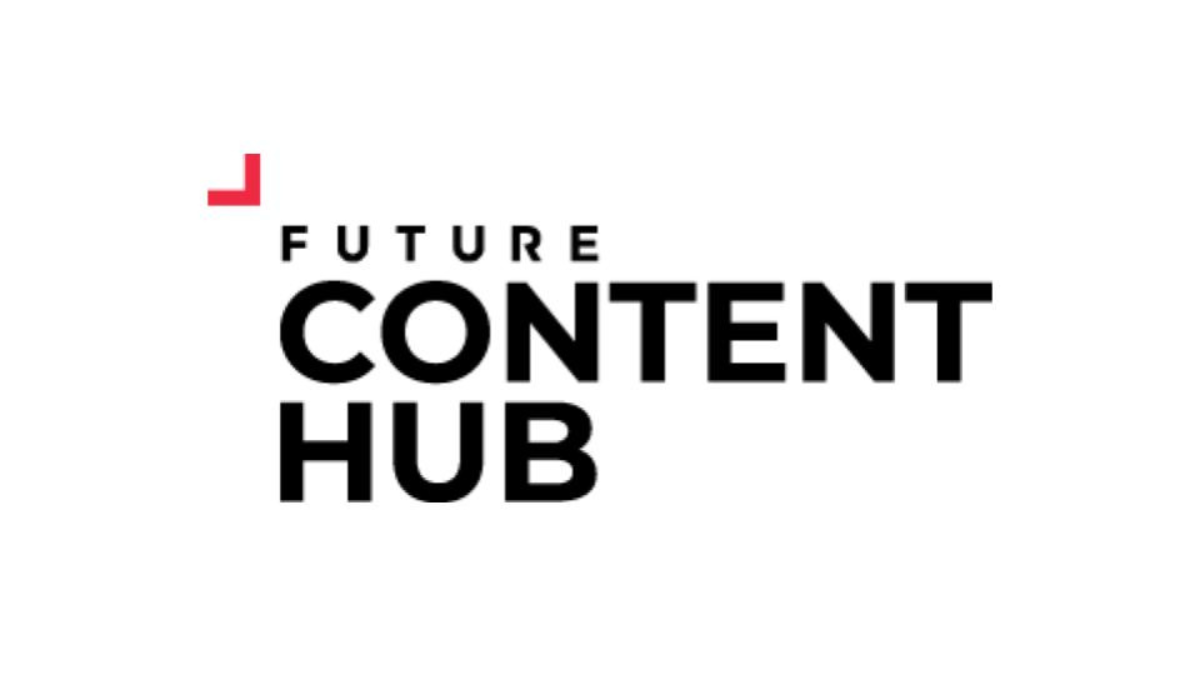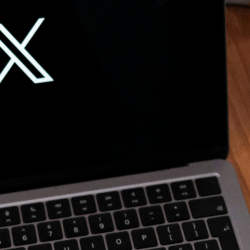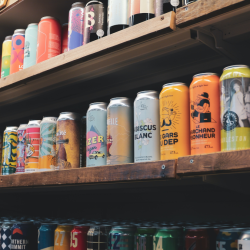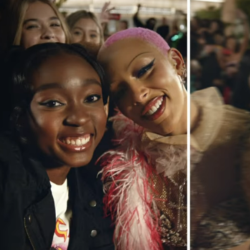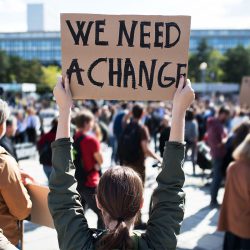There’s a simple answer to the question of whether or not people now have more power over brands: the rise of social media has given customers and activists a voice that is far louder than at any time in the past. But the complicated adjunct to that answer is, what difference has that made?
On the surface we can all see people adding @Apple/Kelloggs/BMW to their tweets and Instagram posts to ensure that someone at the company is paying attention. Quite often they get some kind of concerned response, and the helpful conversation probably continues in the DMs. So far, so much more effective. In addition, the public has better access to information, so now a company’s dirty linen is just a Google search away.
Exposing unethical behaviour and spreading it via the aforementioned social media is a new tool that far surpasses whatever happened in the 20th Century (reading a Sunday Times expose and being kind of annoyed, maybe?). But look around at the world we live in… Most people reading this will be from the UK, which is limping to the end of fourteen years of steadily worsening Conservative rule. From inflation to food banks, to an economy hamstrung by leaving the EU, life isn’t better than it was twenty years ago. But aside from the government’s ineptitude, if we have so much more power over corporations, how come the wage gap between CEOs and regular employees is the widest it’s ever been? How come the climate crisis continues to accelerate? How come Thames Water can still fill rivers and coastlines with human excrement? @ them all you want; the turds keep coming.
I’d argue that increased people power is an illusion. Brands and companies are quite happy to employ a social media person to respond to any dissatisfied tweets, possibly sending out the odd voucher or message of contrition, while ten floors above, the C-suite can ignore all that and continue to grease palms and cash cheques.
Advertising is a perfect example of an industry that has spent the last decade increasing hours and reducing pay
I can tell you that in the 1990s version of the industry there was far less demand on your personal time, and relative wages were much higher. But holding companies and procurement departments have squeezed agencies (and by extension their employees) harder and harder. Has the megaphone of Twitter done anything to prevent that? Of course not.
Sure, we’ve seen people attempting to bring their politics into their work places with varying degrees of success, but it’s usually something relatively small, relatively temporary and not significant enough to change the true fundamentals of a large corporation.
Sadly the public has been immersed into these circumstances like the proverbial boiling frog, and now that the temperature is too high for many of us to stand, there’s no way of getting out of the water. What are you going to do? Tell your 3,286 followers how mean your boss is? Good luck with that.
I think that surface power has become the perfect distraction, and, call me cynical, I also think that this extends to the purpose-based initiatives we see from large corporations across the world. A couple of years ago a giant pet food company won a Cannes Grand Prix by restoring a coral reef so that more fish would thrive in that habitat. Then it killed literally tonnes of fish to use in its cat food. A purpose-based campaign makes a company look much nicer than it is, but it also messes with the SEO algorithms, allowing the good news to float to the top and the bad behaviour to sink to the bottom.
But that’s just 2020s reality: making people think they have more power while ensuring they have less.
I’m sure there are plenty of genuinely good brands out there doing something positive for us, but they are swamped by the power of bigger companies that know very well how to cover up lying, bribing and polluting with the pretence of concern. Alas, money talks, and it talks a lot louder than any complaints you might have.
Featured image: Christopher Burns / Unsplash


